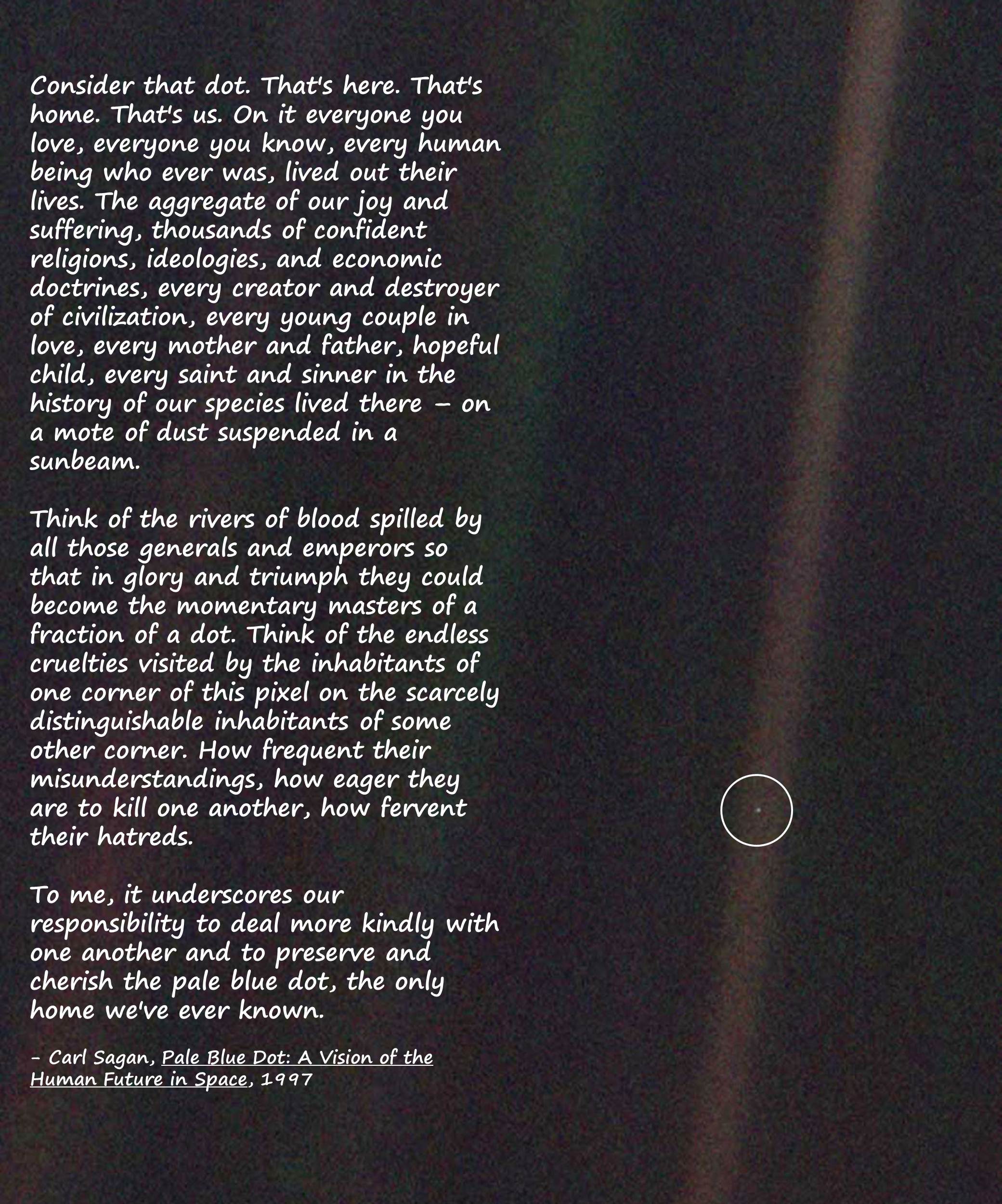= ASTRONAUTICAL EVOLUTION =
Issue 127, 1 July 2016 – 47th Apollo Anniversary Year
| Site home | Chronological index | About AE |
Brexit! Thoughts on the UK Referendum Result
What happens now?
The referendum result announced on 24 June was that 48% of votes cast were in favour of the UK remaining in the European Union, while 52% of votes were in favour of a British exit.
Does this mean that the UK will actually leave the European Union? I predict that despite the vote the UK will not leave. My reasons are as follows.
(1) The referendum result has no legal force. It cannot oblige Parliament to act, but is merely information which Parliament would ignore at its peril.
(2) The result was close. Before the referendum, the Leave campaign announced that a result that close would not settle the question. Of course Leave was expecting to lose. Now that it has unexpectedly won, but by the same slim margin that it was talking about earlier, it cannot expect the Remain camp to accept that the question has been settled, either.
(3) A majority of MPs are in favour of remaining in the EU, including the leaders of all the political parties (with the obvious exception of UKIP). They are therefore highly receptive to any line of argument which allows them not to implement the result.
(4) David Cameron has cleverly avoided triggering the exit mechanism himself, leaving it for his successor. There is therefore time for the implications of leaving to percolate through into people’s minds.
(5) The clearest and most drastic of those implications is the likelihood that if the UK leaves the EU, then Scotland will, under Nicola Sturgeon’s leadership, leave the UK. No British Conservative prime minister will want to take the responsibility for breaking up the UK.
(Professor A. C. Grayling has now expressed a similar view in an open letter now sent to all MPs.)
A clash of ideologies
The Brexit affair has implications for the general ordering of society in the longer term, both on Earth and, in due course, at other locations in the Solar System.
Firstly, set aside issues such as the distribution of wealth and power and the control of migration of peoples around Europe and the World. What I think is at stake is a broader conflict between deeply felt nationalist versus cosmopolitan world-views.
Cosmopolitanism has presented a global ideal of society since the 18th-century Enlightenment. Its principles are the common humanity of all members of our species, tolerance (within practical limits) of diversity of beliefs and practices, and equality of basic human rights under the law, of which the most fundamental is the liberty to pursue one’s personal goals.
Nationalism emerged in the same historical period. Its principles are the incompatibility of different national, religious and ethnic groups, the conflict of interests between nations, the needs therefore to prevent their populations mixing and to subordinate the individual to the nation-state.
Nationalism offers the path of least resistance because it is firmly emotionally grounded. Everybody feels closer to the land and the people among whom they grew up. Strangers and foreigners are easy to identify, and their rejection bolsters one’s own identity.
Cosmopolitanism, on the other hand, requires broader experience of people, and wider interests. It requires a scientist’s passion for understanding and universal perspective (see Carl Sagan quote on the famous Pale Blue Dot image). It is contradicted by current power struggles for religious and ethnic supremacy, and it takes unusual vision to see beyond those conflicts.
The politics of the modern world are firmly grounded in nationalism, with nation-states the basic units of human organisation. But economically and culturally the world is globalising. These two ideologies are therefore in continual tension at the present time.
When people feel poorer, feel a lack of control or of a fair share of the world’s wealth, then they are attracted to the nationalist view. When they feel richer, more in control of their lives and in receipt of a fair share of the global wealth, then they can afford to be more generous to the stranger, and the cosmopolitan view predominates.
It is clear to me that cosmopolitan arrangements are in fact better at creating wealth, whereas nationalist ones are better at running it down. Therefore any equilibrium between these ideologies is an unstable equilibrium which must in the long run give way to the predominance of one or the other.
This is particularly true in a world in which a number of states are armed with nuclear weapons. During the Cold War, we faced the logical consequence of international rivalry.
The long term future of human civilisation, together with its extension on an interplanetary and ultimately an interstellar scale, depends upon the continuation of the present pattern of growth and progress. This is why I am a cosmopolitan.
If the European Union is broken, it must therefore be fixed, not abandoned. But how can this be done?
Societies and feedback systems: some basic control theory
The reason democracies are wealthier than tyrannies (see any history book) is because democracies have a feedback system in place. Decisions taken at the top can be checked by those at the bottom of society if they vote out those responsible.
But the system is as yet only primitive, because the control wielded at the top (several years of law-making and public spending) calls forth a relatively small response from the grass roots (one cross on a ballot paper per person per several years for central government, a few more for local and European elections).
The Brexit/Bremain referendum itself illustrated the limits of the current system, in that a complex question with many implications (the stability of the markets, of the UK itself, the reliability of the promises made by either side) was subjected to a choice between only two possible answers.
The result of the referendum was a political earthquake. This is like a geological earthquake. Pressure builds up, but nothing gives way. So the pressure builds up some more, and when the ground does eventually give way it does so abruptly and catastrophically, not smoothly.
In other words, the referendum result was the product of an inadequate feedback system.
Therefore the next stage in the evolution of democracy should see the introduction of more feedback from the grass roots to the elite of society. This, I think, will be necessary if human civilisation is to continue to grow, therefore to enrich itself, therefore to adopt a progressively more cosmopolitan tone.
How might this be done? Some sort of popular jury system should do the trick. People are selected, partly at random, from the general public. They should have two qualities: an interest in what the political elite (and the commercial elite – the leaders of the world’s banks have come in for especial criticism recently) are doing on behalf of the people, but at the same time should not be so committed to one view or another that they are already members of a political party or campaign group.
The point of the jury system is then that questions about migration between nation-states, distribution of wealth and so on can be discussed in depth, with evidence presented by experts or campaigners, and an informed judgement made. There then needs to be a mechanism by which this is formally fed back up the chain to the top.
“Independence Day”
One thing is clear. Every nation-state today, including the UK, is bound into networks of global interdependence: through global trade, tourism, finance and the mass media. The concept of national independence is therefore either a relic from the past which is no longer meaningful, or else a signpost back to that past, for those who would prefer to live in such times.
In declaring that 24 June would be Britain’s “independence day”, Nigel Farage was evoking an image of plucky jet fighter pilots turning back the invading alien hordes in the movie by Roland Emmerich released this week.
If we want human civilisation to enjoy a sustainable, prosperous and peaceful future, we need to stop identifying people from other nations as “aliens”.
The problems caused by the global mixing of peoples must be addressed on their own terms. If migration causes pain to the locals on the receiving end, that must be recognised and addressed. If a militant religion exacerbated by a resentful culture results in a violent confrontation, that too must be recognised and addressed on its own terms.
The cosmopolitan goal requires that all humans live in harmony with all other humans who also want to live in harmony. That actually leaves out quite a large number of people whose fundamentally nationalist or religionist view of the world is incompatible with modern globalist, materialist civilisation. Even a cosmopolitan is under no obligation to pretend that peaceful coexistence is possible with such views.
But such people are not culturally European. English, Scots, French, Germans, Poles and so on are united by the shared culture of the Enlightenment. We have common ideals of human rights, democracy and liberty, and need to promote those values both at home and worldwide. Returning the political map of Europe to the system of independent states it enjoyed in, say, 1914 is not the way to do so.
Please send in comments by e-mail.
Interesting and relevant comments will be added to this page.
| Site home | Chronological index | About AE |


